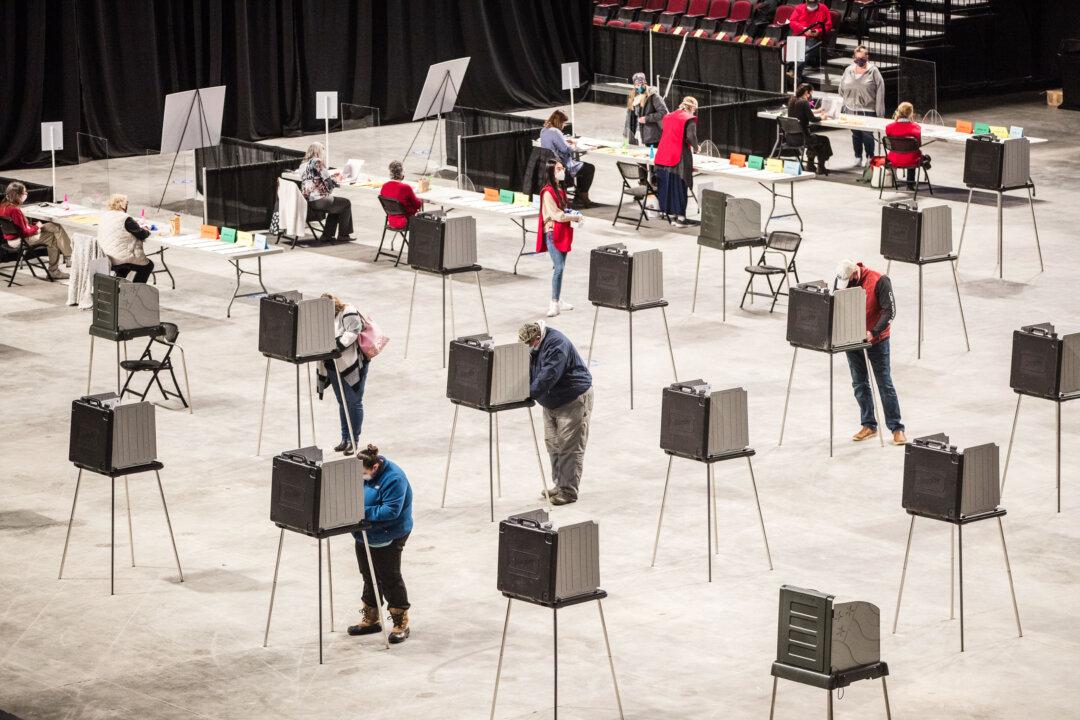Maine’s Legislature has approved a bill that would award its four electoral college votes for U.S. president to the winner of the majority of the national vote.
The Democrat-backed bill was narrowly pushed through the Maine House on April 2 by a 73–72 margin over fierce resistance from Republicans. The state Senate followed suit the day after, approving the bill by a largely party-line 18–12 vote, with state Sen. Matt Pouliot, a Republican, voting in favor while several Democrats opposed it.





